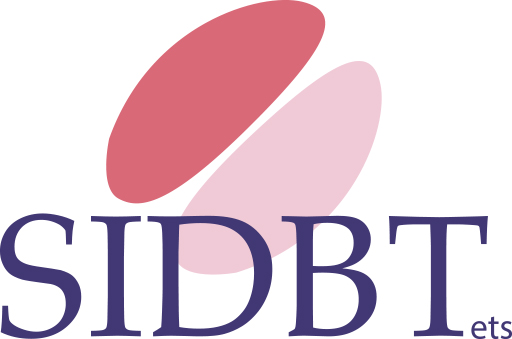La Terapia Dialettico-Comportamentale (Dialectical Behavior Therapy – DBT) sviluppata tra la fine degli anni ’80 e l’inizio degli anni ’90 da Marsha M. Linehan, psicologa statunitense e professoressa emerita presso la Washington University (cfr.https://it.wikipedia.org/wiki/Marsha_Linehan;https://en.wikipedia.org/wiki/Marsha_M._Linehan), is a treatment originally developed for individuals at severe suicidal risk and later applied to individuals with Borderline Personality Disorder and other severe psychiatric and psychological conditions.
La disregolazione emotiva, intesa come difficoltà a gestire le proprie emozioni e a farne un uso strategico e adattivo, è la base del modello concettuale e operativo della Terapia Dialettico-Comportamentale (Dialectical Behavior Therapy – DBT). Il modello di intervento adotta un approccio dialettico per “una vita degna di essere vissuta”, un approccio di ricerca di equilibrio tra due principi fondamentali: il primo fa riferimento all’accettazione della realtà così come è e comporta un atteggiamento empatico e compassionevole nei confronti della sofferenza e della persona che chiede aiuto, il secondo si rifà al principio del problem solving e lavora nella direzione di produrre cambiamento, nella stessa modalità impegnata e radicale che ispira il principio dell’accettazione.
La ricerca empirica, replicata e applicata in più di 50 Paesi del mondo, ha ampiamente dimostrato l’efficacia della Terapia Dialettico-Comportamentale (Dialectical Behavior Therapy – DBT) nel trattamento del Disturbo Borderline di Personalità, e di molte condizioni psichiatriche e psicologiche complesse, attestando la DBT come uno dei principali e più diffusi trattamenti basati sulle evidenze
(see https://www.cochrane.org/CD012955/BEHAV_psychological-therapies-people-borderline-personality-disorder).
But DBT is not just that; the force of its innovativeness has profoundly changed established ideas and practices in psychiatry and clinical psychology, proving to be an opportunity for cultural change in the way of understanding the existential and human conditions of the most suffering and seemingly least reachable patients.
La DBT è stata inserita dal settimanale TIME nel volume 100 New Scientific Discoveries, un’edizione speciale dedicata a presentare 100 aree di ricerca in 10 discipline, tra cui la Psicologia, che hanno avuto il maggiore impatto in ambito scientifico. Allen Frances nella prefazione al volume autobiografico di Marsha Linehan “Una vita degna di essere vissuta” (trad. it. Cortina, 2021) ne celebra lo spirito con queste parole “Nell’ultimo mezzo secolo ci sono stati solo due innovatori clinici davvero influenti nel campo della salute mentale: uno è Aaron “Tim” Beck, che ha sviluppato la terapia cognitiva negli anni Sessanta. L’altra è Marsha.” Nel gennaio 2024 Marsha Linehan ha ricevuto un premio/riconoscimento per avere sviluppato la DBT in occasione della 48° edizione del WA Statel Legacy organizzato dall’Università di Washington.
DBT - Dialectical Behavior Therapy
LA TERAPIA DIALETTICO COMPORTAMENTALE O DIALECTICAL BEHAVIOR THERAPY - DBT

Marsha M. Linehan was born in 1943 and is emerita professor of psychology at the University of Washington in Seattle (USA) where she directed the Behavioral Research and Therapy Clinic (BRTC). Starting from behavioral psychotherapy, she has been developing the Dialectical Behavior Therapy (DBT) over the years, in which various components, including mindfulness, play a crucial role, come together organically. Recall, among the many awards she has received, that in 1999 she was recognized for her distinctive role in the field of suicide prevention and intervention with the award of the Louis Israel Dublin award for Lifetime Achievement; in 2016 she received the Career/Lifetime Achievement award from the Association for Behavioral and Cognitive Therapies.
(cfr.https://it.wikipedia.org/wiki/Marsha_Linehan; https://en.wikipedia.org/wiki/Marsha_M._Linehan).
In summary, Marsha Linehan has been able, as has been amply documented in both textbooks and scientific papers published in international journals, to create a new way of treating severe psychological emotional dysregulation by integrating clinical and science.
